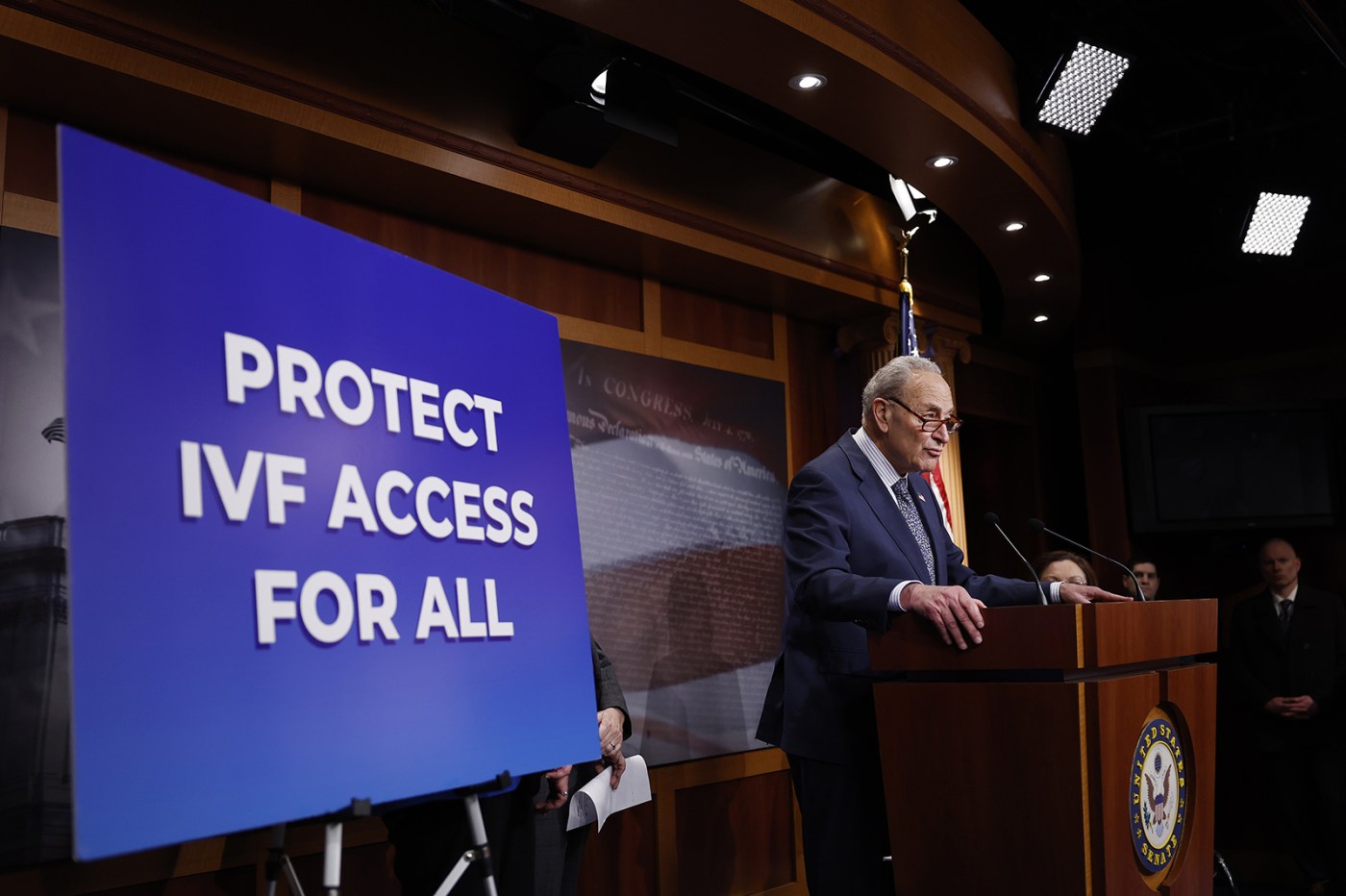The Expanding Horizon of Fertility Benefits
In today’s competitive job market, companies are increasingly offering comprehensive fertility benefits to attract and retain top talent. Now, the federal government has joined the ranks, providing its employees with a generous package that includes coverage for fertility services up to ,000 annually for IVF and up with three cycles of artificial insemination.
As the largest employer in the nation with over 2.1 million civilian employees, the federal government’s move serves as a testament to the growing importance of fertility benefits. This shift reflects a broader trend among businesses of all sizes, recognizing the essential role that these benefits play in supporting employees’ health and well-being.
IVF: A Contentious Issue in the Political Arena
While infertility affects approximately 10% of individuals, recent advancements in reproductive technology, particularly IVF, have sparked a heated debate among anti-abortion Republican members of Congress and presidential candidates.
Legal historian Mary Ziegler explains that the anti-abortion movement has historically advocated for “fetal personhood.” However, the recent Supreme Court’s decision in Dobbs, eliminating the constitutional right to abortion, has forced anti-abortion groups and the Republican Party to confront the implications of this position on IVF and other fertility treatments.
The Alabama Supreme Court’s ruling, classifying frozen embryos created through IVF as children under state law, has further escalated tensions. Democratic senators have proposed legislation to safeguard federal access to IVF, but it was met with resistance from Republicans.
Republicans Navigating a Tricky Divide
These developments have exposed a dilemma within the Republican party. Many support IVF, acknowledging its popularity among the public. However, their commitment to “fetal personhood” has complicated their stance.
Anti-abortion groups have strongly objected to measures that expand access to IVF, emphasizing the need to balance fertility care with respect for life.
Government’s Generous Fertility Package: A Vision for the Future
The federal government’s enhanced fertility benefits are more generous than those typically offered by private employers. Coverage is accessible through the popular Blue Cross and Blue Shield Federal Employee Program’s standard option. The Office of Personnel Management (OPM) manages the federal health plans and emphasizes its goal of attracting and retaining the future workforce.
According to OPM’s press secretary, Viet Tran, health benefits have significantly influenced employees’ decisions to stay with the federal government.
Political Turmoil and Its Possible Impact
While the future of fertility benefits remains uncertain, the political debate surrounding IVF and reproductive rights looms large. Many legal experts anticipate legal challenges and potential restrictions on IVF in Alabama and other states, following the Alabama Supreme Court’s ruling.
Jim Winkler, chief strategy officer of the Business Group on Health, suggests that employers are closely monitoring these developments and may need to navigate around them in the future.
Dorianne Mason, director of health at the National Women’s Law Center, notes that the legislative response to IVF presents a stark contrast to the limited access to other reproductive care.
Conclusion
The recent expansion of fertility benefits in the federal government and the ongoing debate surrounding IVF highlight the complex interplay between medical advancements, reproductive rights, and politics. As the nation faces these challenges, employers and policymakers must balance the responsible development of reproductive technology with the principles of equality and access to care for all.
Data sourced from: dailynews.com
























